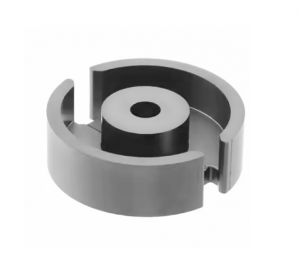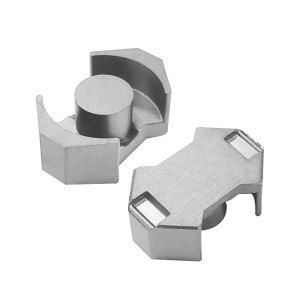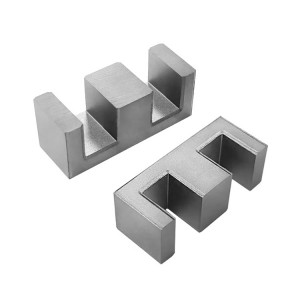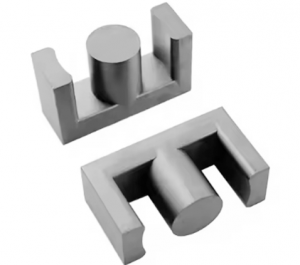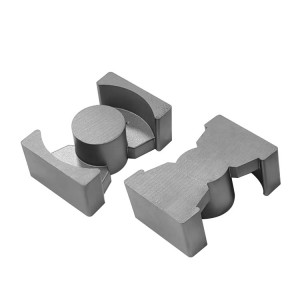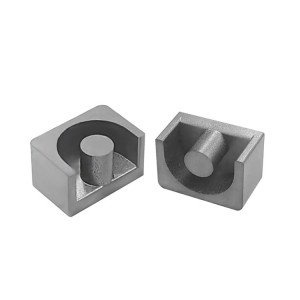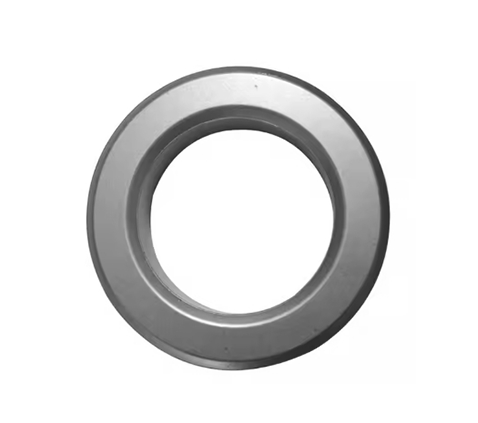Common core shapes include can, RM, E, E-type, PQ, EP, ring, etc. Different core shapes have different characteristics:
1. Can
The skeleton and winding are almost completely wrapped by the core, so the EMI shielding effect is very good; the can design makes it more expensive than the core of the same size; its disadvantage is that it is not good at heat dissipation and is not suitable for high-power transformer inductors.
2. RM core
RM core, based on the can, improves the heat dissipation and large-size lead wire space, and the non-fully enclosed structure is conducive to saving installation space; secondly, RM core can be flat, which is more suitable for flat transformers.
3. E core
E core has a simple structure, low cost, easy coil winding and assembly, and is widely used. It has very good heat dissipation and is often used in groups. It is more suitable for large-function transformers and inductors. However, it has poor self-shielding ability and poor EMI effect, which needs to be fully considered when applying.
4. E-type improved core
E-type improved core includes EC, ETD and EER types, which are between E-type and can type. Its main feature is that the central column is cylindrical, which makes winding easier and helps to reduce winding length and copper loss. Its cylindrical structure increases the effective cross-sectional area (Ae), which can increase output power.
5. PQ-type core
PQ type optimizes the ratio between core volume, surface area and winding area, which is conducive to improving inductance and winding space utilization, reducing installation space, achieving the most ideal output power, and meeting the needs of product miniaturization. It is one of the most commonly used cores for switching power supply transformers (inductors).
6. EP type
EP type core completely wraps the winding, with very good shielding. Its unique shape weakens the influence of air gap formed on the contact surface, and forms a balance in terms of large volume and space utilization.
7. Ring type
Ring type core has the lowest material cost. The winding cost is relatively high, but the development of automated machines is gradually improving this situation. The installation is relatively inflexible and requires epoxy board or base support to facilitate later PCB installation.
When designing a transformer (inductor), we need to select the appropriate core shape and size according to the application scenario, and combine the core’s effective area (Ae), effective volume (Ve), AL value and other parameters for calculation and design.
Specializing in the production of transformer bobbin, magnetic cores, high and low frequency transformers, inductors and other electronic components supporting customized orders, welcome to consult
Post time: Aug-16-2024

